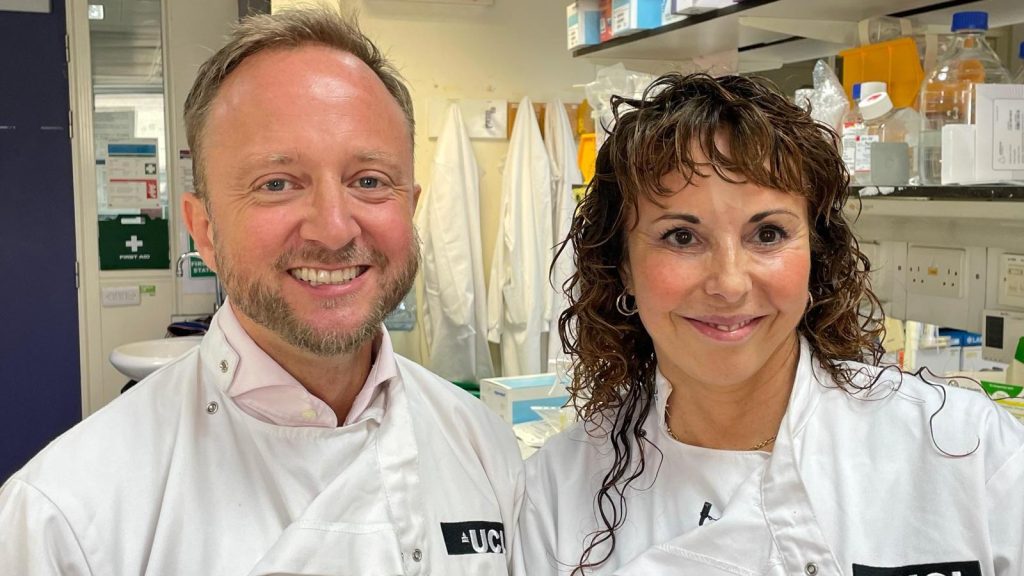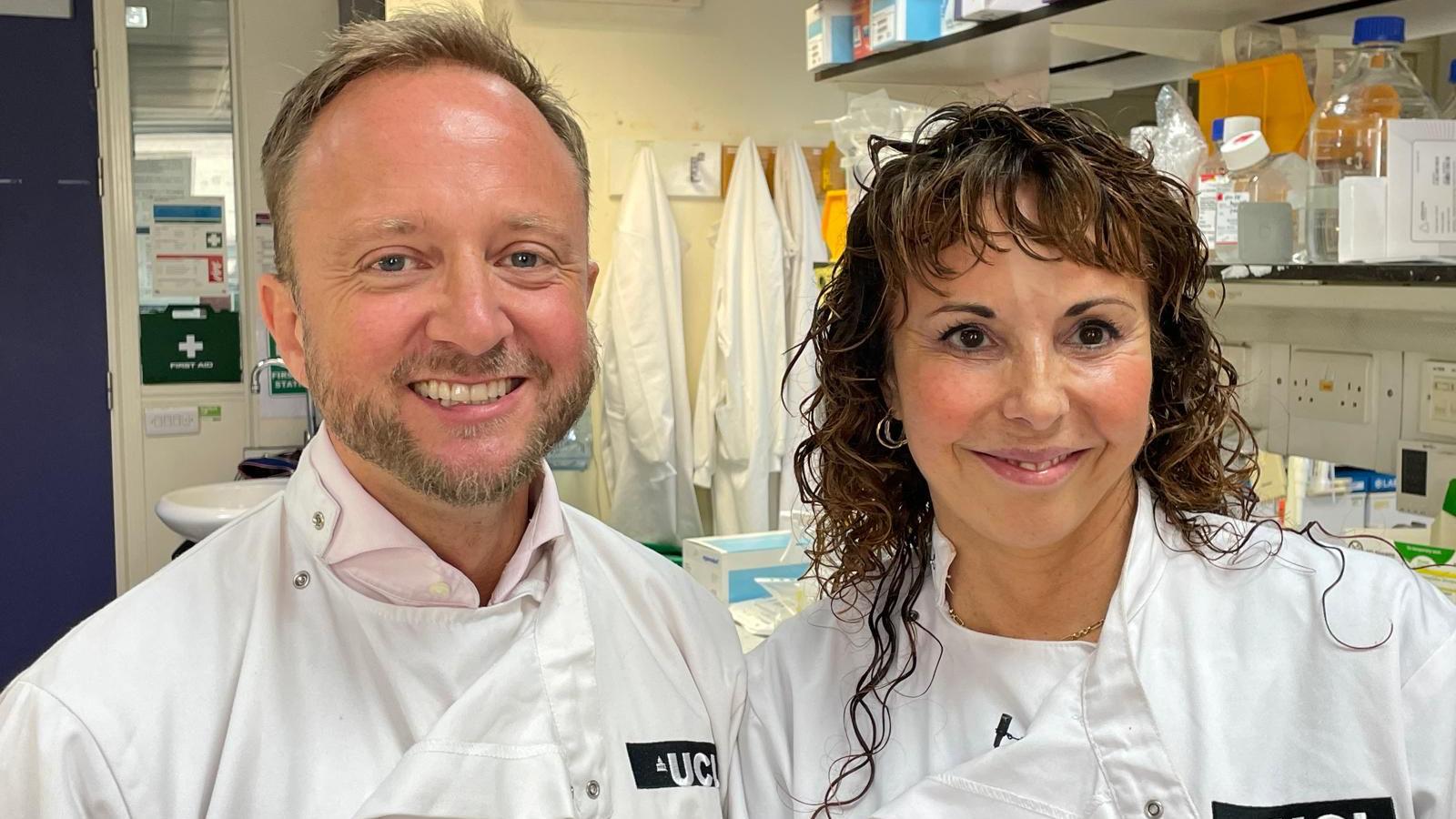
Doctors Successfully Treat Huntington’s Disease for the First Time

A hereditary degenerative ailment known as Huntington’s disease has been effectively treated for the first time in England. This significant advancement marks a pivotal moment in the battle against Huntington’s disease and brings hope to countless families who have long endured the illness without treatment alternatives.
Huntington’s disease is a genetic disorder that gradually destroys brain cells and interferes with neurological functions. Symptoms typically start to manifest when individuals reach their 30s or 40s. Once these signs appear, the clinical trajectory of Huntington’s often leads to death within approximately 20 years. BBC News characterizes it as “a blend of dementia, Parkinson’s, and motor neuron disease.”
Researchers from the University College London Huntington’s Disease Centre revealed that their treatment slowed the disease’s progression by 75% in patients, suggesting that earlier interventions might ultimately prevent the disease from even occurring. The groundbreaking treatment entails 12-18 hours of brain surgery, during which a combination of gene therapy and gene silencing is performed.
Huntington’s disease derives its name from the huntingtin gene (HTT) present in our DNA, essential for proper brain functioning. Its mutation renders HTT toxic. Rather than supplying the necessary HTT for cognitive processes, the altered protein destroys brain cells.
The treatment developed by the University College London Huntington’s Disease Center consists of injecting a safe virus containing a genetically modified DNA sequence into the brain. A microcatheter is navigated to two distinct brain areas, the putamen and the caudate nucleus. Both regions are linked to learning, movement, and execution.
The modified DNA sequence delivered to the brain carries a directive that prevents cells from generating the mutated HTT. Over time, this DNA sequence replicates within the brain, aiding in the reduction of mutant HTT levels.
This innovative trial reveals yet another encouraging development: the treatment not only diminishes mutant HTT but also preserves brain cells. The neurofilament levels in patients’ spinal fluids, which rise with Huntington’s progression, were found to be lower than those recorded at the trial’s outset. Related trials involving patients with the Huntington’s gene who have not yet shown symptoms, referred to as stage zero Huntington’s, are currently in progress.
While additional trials are necessary before this therapy can become widely accessible, the findings signify a remarkable advancement in the campaign against Huntington’s disease. What was once viewed as an unmanageable, untreatable condition may someday be preventable or even eradicated.
Sources: [Huntington’s disease successfully treated for first time](https://www.bbc.com/news/articles/cevz13xkxpro)
Related Articles:
[Woman Who Can Smell Parkinson’s Disease Is Helping To Pave the Way for a Medical Breakthrough](https://mymodernmet.com/joy-milne-parkinsons-disease/)
[Paralyzed Man Is Able To Stand on His Own Again Thanks to Breakthrough Stem Cell Trials](https://mymodernmet.com/stem-cell-research-paralyzed/)
[Alzheimer’s Drug Shown To Slow Down Disease by Nearly 30% In Clinical Trial](https://mymodernmet.com/alzheimers-drug-lecanemab/)
[Bedbound 23-Year-Old Living With Chronic Illness Is Making Music People Love [Interview]](https://mymodernmet.com/sebastian-gisperg-chronic-illness/)